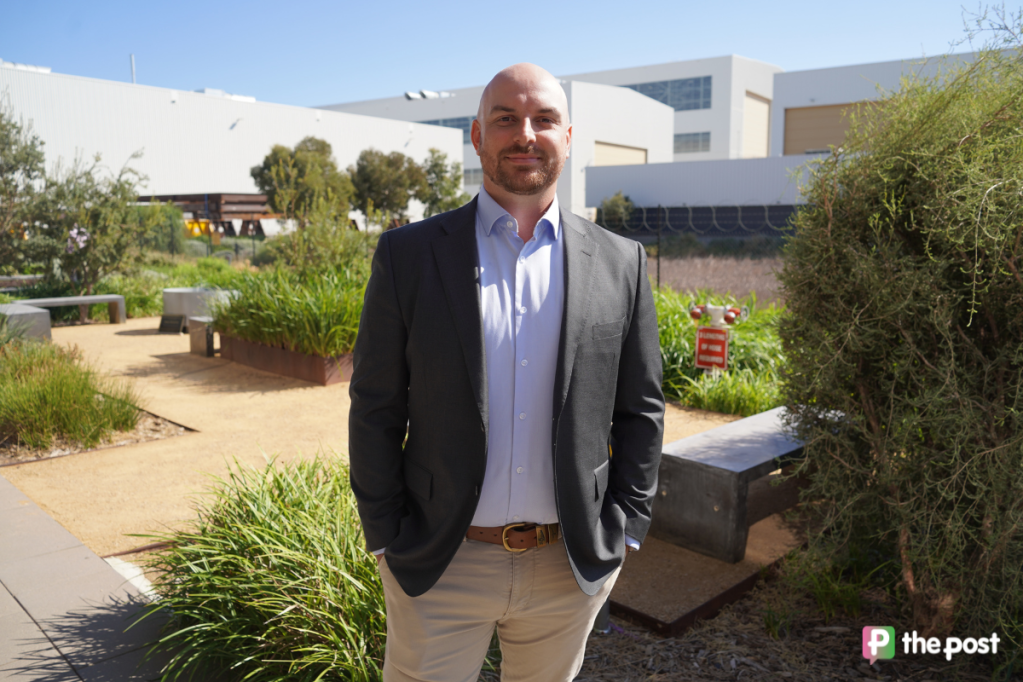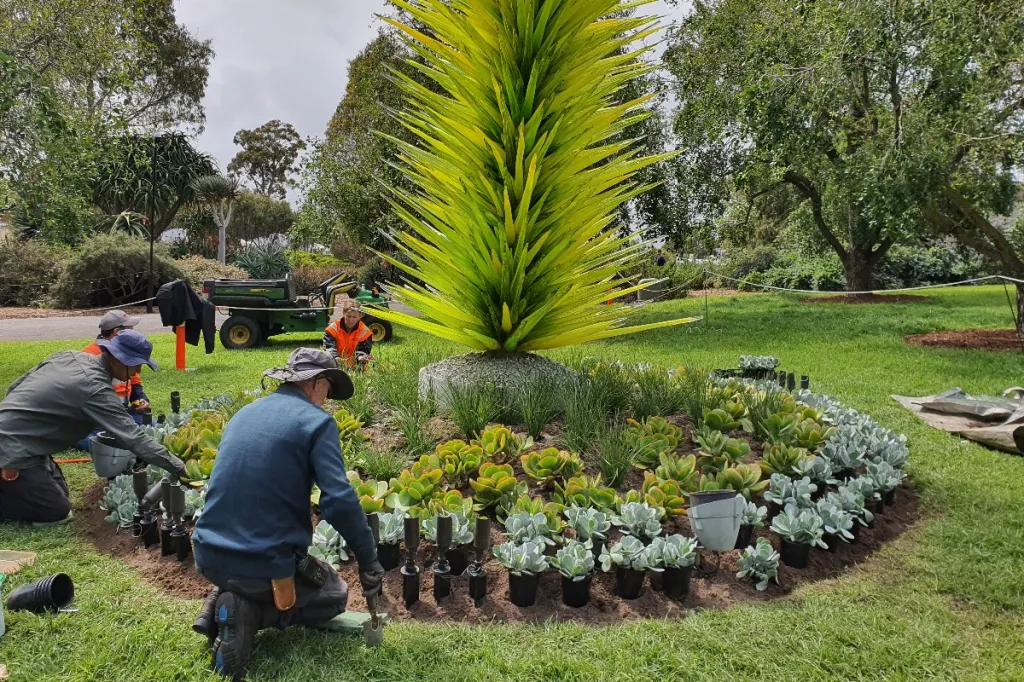Cost of ignoring carers could come back to bite everyone
In National Carers Week, Carers SA chief executive David Militz turns a spotlight on the short-sighted under-investment in the nation’s three million unpaid carers that will cause us long term economic pain and mental health distress.

There’s an $80 billion time-bomb confronting Australia as our focus turns to National Carers Week.
In 2020, Deloitte Access Economics calculated that to replace the activity of carers nationally would cost $77.9 billion.
Put simply, the tireless and overlooked commitment of our carers equates to the bill of around 35 Royal Adelaide Hospitals annually. It’s an incredible contribution that increases in value daily and deserves acknowledgement this week.
We know there is an undeniable, urgent need to increase support funding for carers and reinforce Australia’s social compact.
However, the funding spent on informal care has proportionally decreased since 1995 while increasing comparatively across other formal care sectors. For example, government expenditure on aged care services and disability support is forecast to rise from a 2.25 per cent share of GDP to 3.5 per cent by 2061.
By contrast, government investment in carers is forecast to flatline at 0.5 per cent share of GDP over the next 40 years despite a rapidly ageing Australian population.
The share of government funding for carers also fell by approximately 10 per cent between 2014 and 2021. It’s a gloomy forecast without funding reform.
You might like
It’s timely, during Mental Health Month, to note the mental health of carers is, unsurprisingly, affected by their role.
Prospective carers performing an unflinching cost-benefit analysis can foresee an unmanageable, exploitative arrangement without increased government support.
The Caring Costs Us Report (2022), commissioned by Carers Australia and the National Carer Network, examined the economic impact of informal care on the lifetime income and retirement savings of Australian carers.
Australian carers, on average, will lose $392,500 in lifetime earnings to age 67 and $175,000 in superannuation at age 67.
Some who are carers for extended periods will lose substantially more, with the most affected 10 per cent losing at least $940,000 in lifetime income and $444,500 in retirement savings.Carers are currently punished rather than rewarded for their sacrifice, leading to a false economy. However, inefficiencies in the care system will be temporarily papered over until more carers are forced to relinquish roles.
Carers performing unpaid labour provide an efficiency that is perversely shifted to the formal care system at budget time because government support for informal care will have less of a long-term budget impact than skyrocketing demands of formal care.
As the Commonwealth Government allocates $100 million annually to provide basic support services for Australia’s three million carers via the Carer Gateway, it means, regrettably, carers receive a minuscule 0.012 per cent funding outlay of the staggering $80 billion their unrelenting work saves taxpayers.
Carers are the backbone of our aged, disability, palliative and community care systems.
The good news is there are immediate measures that can assist carers in addition to appropriate financial investment. Carers need regular breaks from their caring role, role recognition and help navigating the labyrinth of support service systems.
The Carer Gateway can help those at breaking point or feeling overwhelmed by challenging individual situations. This is done through peer support, counselling, tips/information, coaching, emergency respite and tailored support packages.
We also know through in-depth analysis, carers who engage with our services have higher caring loads and less social connection than others in the community.
The unyielding commitment of carers takes a toll. They are more psychologically distressed, face more financial challenges and have lower than average levels of wellbeing.
In the 2024 National Carers Survey of around 10,000 responses, over a quarter were from South Australia.
Of them over half reported experiencing high levels of psychological distress, social isolation and rated their health fair to poor. They are the segment we are particularly concerned about due to exhibiting comparably worse mental health than other carers.
Improving the mentsystem, including prevention measures for people at risk of falling to crisis, relieves pressure on carers.
That’s why we must highlight the need for greater community awareness and understanding of mental health and carer wellbeing.
So now both government and the community must consider an inconvenient question – are we willing to accept the financial fall-out if carers succumb, en masse to the mental health and associated challenges that caring presents?
Mutually beneficial outcomes flow for the community when carers receive basic supports for mental health and wellbeing.
So, let’s look after our carers.






